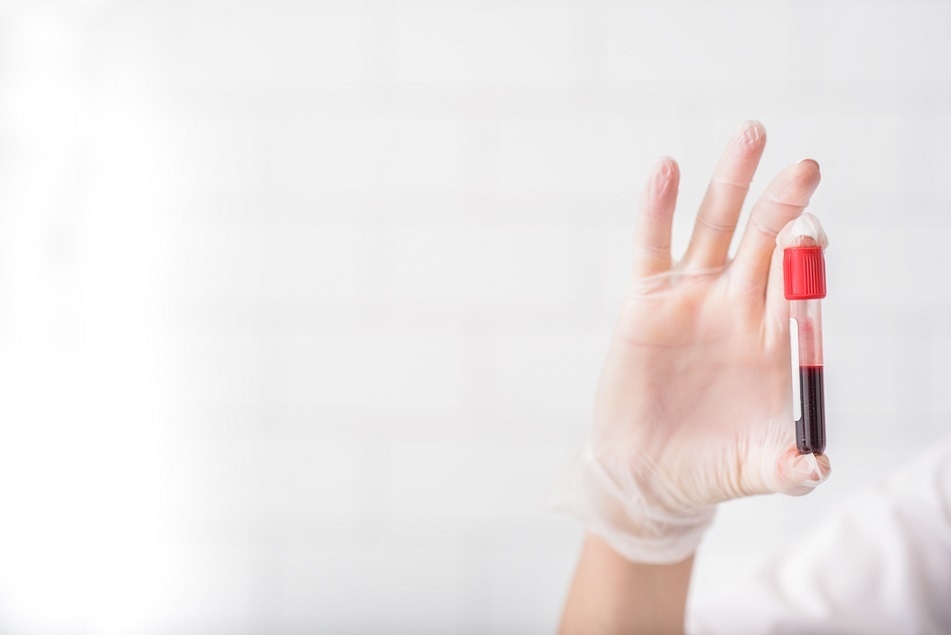
New technique for separation of cancer cells enables comprehensive genetic profiling
A new technique for obtaining cancer cells from blood samples without contamination from blood cells has made it feasible to conduct detailed genetic analysis of cancer cells without the need for tumour biopsy.

Shutterstock | Olena Yakobchuk
Cancer develops as a result of multiple gene mutations. The precise nature of these mutations determines the characteristics of a tumour, such as how quickly it grows and how susceptible it is to a particular treatment. The effects of specific genetic changes on cancer development have be extensively studied, making genetic analysis an invaluable tool for the early detection of cancer, the assessment of cancer risk and prognosis, and tailoring of cancer therapy.
The rare metastatic cancer cells present in the blood having been shed from the primary tumour are highly heterogeneous and provide critical insights into cancer development. The single-cell genetic analysis required to obtain this information, however, has been hampered by the scarcity of these circulating cancer cells (less than 10 per mL blood).
Research published this week in Nature Communication describes a new technique that cleanly separates cancer cells from a blood sample. The Hydro-Seq is a system of channels and chambers that traps cancer cells one at a time so they are free from contamination with blood cells. Comprehensive genetic profiling of the rare blood-borne cancer cells has thus been made possible. Furthermore, since the cancer cells are trapped and analysed individually, the genetic variation among cancer cells within a single patient can also be determined, which enables treatments to be individually tailored more effectively.
In addition, the information required to monitor treatment outcomes can be obtained from blood samples rather than requiring repeated biopsies, which are invasive and often painful.
Max Wicha, Professor of Oncology at the University of Michigan, commented "This could be a whole different ball game…It allows you not only to select targeted therapies, but to monitor the effects of these therapies in patients by doing this blood test".
The new method has been used to analyse 666 cancer cells from blood samples taken from 21 patients with breast cancer. The results showed that even within a single patient, the cancer cells often behave very differently. Of the cancer cells captured from the blood samples, 30-50% displayed stem-like properties. Such cells do not display consistent protein markers and are easy to miss using traditional techniques.
Co-author on the study, Monika Burness Yu-Chih Chen remarked "It's a very powerful tool to monitor--at the cellular level--what a treatment does to tumours over time".
The new device is due to be used to track treatment progress in an upcoming cancer clinical trial.
Sources:
- Cheng Y-H, et al. Hydro-Seq enables contamination-free high-throughput single-cell RNA-sequencing for circulating tumor cells. Nature Communications May 15 2019. https://www.nature.com/articles/s41467-019-10122-2.epdf?author_access_token=IF7MeCNHqtM1eI0oskHccNRgN0jAjWel9jnR3ZoTv0Mcwdo80HMGAlvpKgnT9SG0yN8waqB8fFueSYQ8zU7tr4saqyhwkneOY4YVECJy1tGNB5XNVupx5IZBszbxcCOYc2WLbbNdGz6JD7cSGJFXmw%3D%3D
- University of Michigan. Press release 15 May 2019. https://www.eurekalert.org/pub_releases/2019-05/uom-bbn051519.php






















.png)












No hay comentarios:
Publicar un comentario